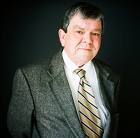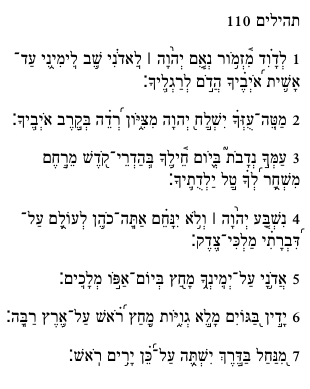 Sunday Morning (October 5): We are continuing our current sermon series on 1 Peter. We will address the theme of suffering for righteousness' sake from 1 Peter 3:8-17. Our Lord's Day worship service begins at 10:30 a.m.
Sunday Morning (October 5): We are continuing our current sermon series on 1 Peter. We will address the theme of suffering for righteousness' sake from 1 Peter 3:8-17. Our Lord's Day worship service begins at 10:30 a.m.
New Members Class (9:00 a.m.): Our Fall new members class continues with a discussion of Reformed church government. Inquirers welcome!
Sunday Afternoon: As we continue our study of the Canons of Dort, we are currently in the 3rd/4th head of Doctrine, and will be considering the effects of regeneration (articles 15-16). Our catechism service begins @ 1:15 p.m.
Wednesday Night Bible Study (October 1): We will be concluding our study of the Book of Revelation. Next week, we will begin a study of the Book of Romans.
Friday Night Academy (October 3): The Academy wraps-up our four-week look at the life and times of John Calvin. This week, we'll be discussing Mike Horton's book, Calvin on the Christian Life, (Crossway, 2014).
 Special Academy Guest Lecture: On Friday, October 10th, Dr. Rod Rosenbladt will be our special guest, lecturing on the "Trinity and the Nicene Creed."
Special Academy Guest Lecture: On Friday, October 10th, Dr. Rod Rosenbladt will be our special guest, lecturing on the "Trinity and the Nicene Creed."
New Academy Series: Beginning Friday, October 17, Prof. Ken Samples will begin a six week series entitled, "If I Had Lunch with St. Augustine." Here's the synopsis for the course:
The last and greatest of the men revered as the “Church Fathers” was Augustine of Hippo or “St. Augustine” (A.D. 354-430). Though Christianity has produced many prominent thinkers during the past two millennia, Augustine may be the most influential Christian thinker of all time outside of the New Testament. His significant influence, especially on Western Christianity, is directly tied to his profound work as a theologian, philosopher, apologist, and church bishop. If you had lunch with the bishop, what would you ask him? What would you want to know about a man who was a great sinner who became a great saint?
For more information and directions, check out the Christ Reformed website: Christ Reformed Church
 Thursday, October 2, 2014 at 11:52AM
Thursday, October 2, 2014 at 11:52AM 









